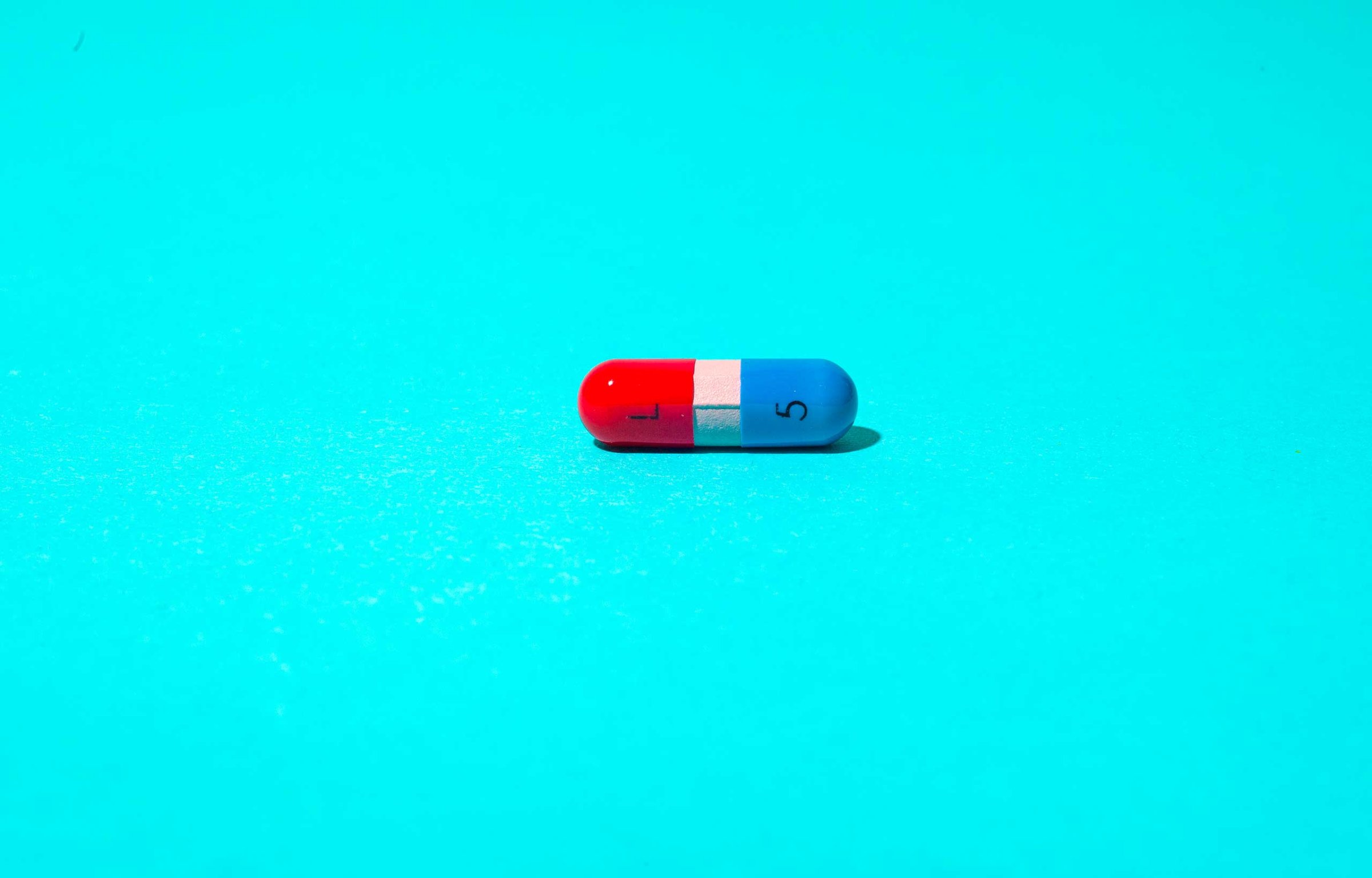
It sounds too good to be true and for now, it is. But what if some of the benefits of exercise could be packed into a pill? Scientists are beginning to develop “exercise pills” that show some potential, according to two new papers—a review published in the journal Trends in Pharmacological Sciences and another small study published in the journal Cell Metabolism.
“Everyone’s looking for a pill to replace exercise, but we’re just not there yet,” says the first study’s co-author Ismail Laher, professor in the department of anesthesiology, pharmacology and therapeutics at the University of British Columbia in Canada. “It’s not going to make a couch potato into Arnold Schwarzenegger.”
MORE: Here’s The Amount Of Exercise That Lowers Breast Cancer Risk
So-called “exercise pills” are made from compounds that have been shown—mostly in studies done in animals—to mimic one or more of the effects of exercise, like developing new blood vessels, forming new mitochondria in cells or increasing the body’s capacity for exercise. “They’ll let you get muscles that are stronger and faster and reach your exercise goals much quicker,” Laher says.
But no single pill can reproduce every benefit exercise has on the body. Popping an exercise pill won’t flood you with endorphins, for instance, while also making your bones stronger. speeding up the blood flow through your arteries and making your heart beat faster, Laher says. “It’s a very small slice of the pie.”
What exercise pills can do is largely localized to muscles, the new review finds. “You’re increasing efficiency of ATP, the currency by which every cell goes about its daily life,” Laher says.
QUIZ: Should You Eat This or That?
















MORE: It’s Getting Harder To Lose Weight, Study Shows
In the second study, researchers biopsied the muscles of four healthy men after they exercised vigorously for 10 minutes. After analyzing the samples, the researchers discovered 1,004 molecular changes in the muscle—most of which scientists hadn’t before attributed to exercise. “While scientists have long suspected that exercise causes a complicated series of changes to human muscle, this is the first time we have been able to map exactly what happens,” said study co-author Dr. Nolan Hoffman, of the Charles Perkins Centre and Faculty of Science at the University of Sydney in Australia, in a statement. This new research, he said, would allow scientists to use this information to design a drug that mimics the positive changes from exercise.
The real promise of exercise pills is not to replace exercise, Laher says, but to help people who have reduced muscle ability due to paralysis, obesity, stroke or spinal cord injuries. For those who aren’t physically able to exercise, the hope is that they can recover more muscle control when they use pills alongside physical therapy.
The quest for the exercise pill has been ongoing since 2004, and the review looks at several compounds that can trigger at least one beneficial exercise effect. Before any single one is determined to be the silver bullet, much more research—in humans, especially—is needed. Scientists also have to figure out effective dosages in people and possible side effects.
Even with the promise of these compounds, sweating isn’t off your to-do list. “We’re in early days,” Laher says.
More Must-Reads from TIME
- Cybersecurity Experts Are Sounding the Alarm on DOGE
- Meet the 2025 Women of the Year
- The Harsh Truth About Disability Inclusion
- Why Do More Young Adults Have Cancer?
- Colman Domingo Leads With Radical Love
- How to Get Better at Doing Things Alone
- Michelle Zauner Stares Down the Darkness
Write to Mandy Oaklander at mandy.oaklander@time.com